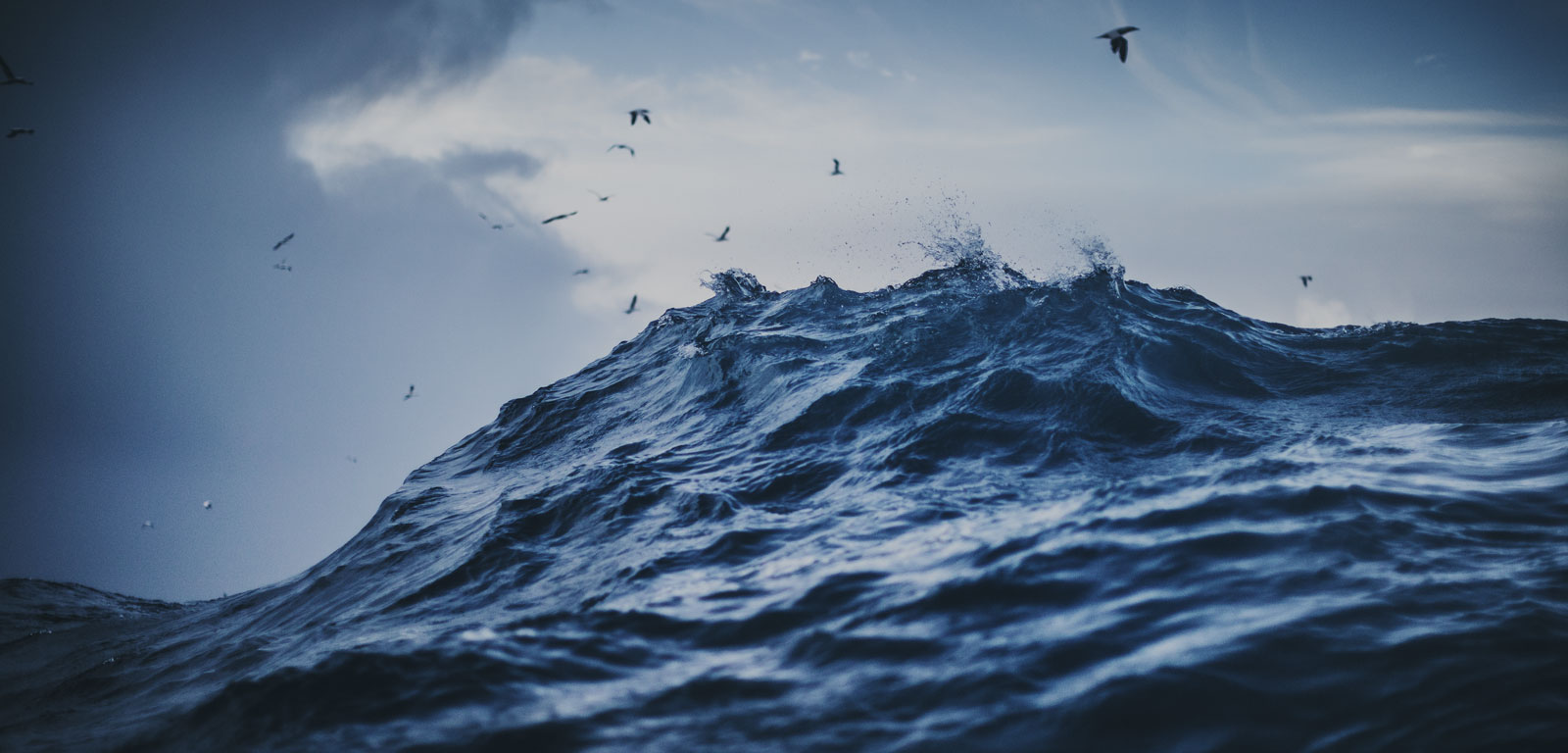Subject
Marine Conservation and Policy
General details of the subject
- Mode
- Face-to-face degree course
- Language
- English
Description and contextualization of the subject
This module will cover a range of issues surrounding marine conservation and policy, split into three sections We will initially focus on the causes and consequences of the current biodiversity concerns, and concentrate on the socio-economic aspects and monitoring of marine exploitation, tracking of animal products and illegal trade.Teaching staff
| Name | Institution | Category | Doctor | Teaching profile | Area | |
|---|---|---|---|---|---|---|
| SOTO LOPEZ, MANUEL | University of the Basque Country | Profesorado Catedratico De Universidad | Doctor | Bilingual | Cellular Biology | manu.soto@ehu.eus |
Competencies
| Name | Weight |
|---|---|
| Summarise the main issues affecting global biodiversity and its socio-economic value. | 25.0 % |
| Explain the main techniques and their effectiveness involved in biodiversity monitoring and tracking. | 25.0 % |
| Describe contemporary UK and international conservation issues and have an understanding of the development of both conservation policy and biodiversity policies. | 25.0 % |
| Understand and discuss potential conflicts of interest in management approaches between people, species and habitats. | 25.0 % |
Study types
| Type | Face-to-face hours | Non face-to-face hours | Total hours |
|---|---|---|---|
| Lecture-based | 22 | 33 | 55 |
| Seminar | 35 | 52.5 | 87.5 |
| Applied classroom-based groups | 6 | 9 | 15 |
| Applied fieldwork groups | 12 | 18 | 30 |
Training activities
| Name | Hours | Percentage of classroom teaching |
|---|---|---|
| Exercises | 36.0 | 50 % |
| Expositive classes | 44.0 | 50 % |
| Student's personal work | 107.5 | 32 % |
Assessment systems
| Name | Minimum weighting | Maximum weighting |
|---|---|---|
| OTROS | 0.0 % | 100.0 % |
Learning outcomes of the subject
At the end of the Unit, the student should be able to:1. To describe and apply population models for projections of biodiversity futures to improve conservation outcomes.
2. To develop, write and present a policy brief to inform non-specialists on research that may be important for the development of UK marine conservation strategies and policies.
Temary
Introduction and analysis of the central aspects of marine biodiversity conservation, the importance of population models for predicting and improving conservation outcomes and will investigate and discuss the main techniques and their effectiveness involved in biodiversity monitoring and tracking, including issues surrounding illegal wildlife trade, harvesting and invasive species.Understanding of the scientific processes which underpinning conservation and management, focussing in particular on marine biodiversity, threats to biodiversity and how it can be preserved. Threats for marine biodiversity: habitat loss and fragmentation, climate change, invasive species, over-exploitation, and pollution.
Socio-economic trade-offs and potential conflicts between conservation, habitat use and exploitation of marine resources. Socio-economic facets of marine exploitation, including national and international legislative frameworks associated with marine exploitation, management and conservation.
Case Studies: Research led examples, presentations from guest speakers e.g. local conservation trusts and the Southern IFCA will provide a wide breadth of perspectives, allowing discussion and debate on issues surrounding conservation, human use of habitats and exploitation of marine resources.
Practical sessions:
1) Communicating science to decision makers and managers I: developing a policy brief.
2) Projecting population futures: use of population models for predicting conservation outcomes.
3) Communicating science to decision makers and managers II: presentation of policy brief, implications for conservation and management.
Fieldtrips:
1) Studland: MPA under development - management and policy issues.
2) Poole Harbour: fisheries management and conservation designations
It was not possible to load the content, please try again later. In case the problem persists contact CAU (Phone: 916014400 / E-mail: cau@ehu.eus / Website: https://lagun.ehu.eus).


